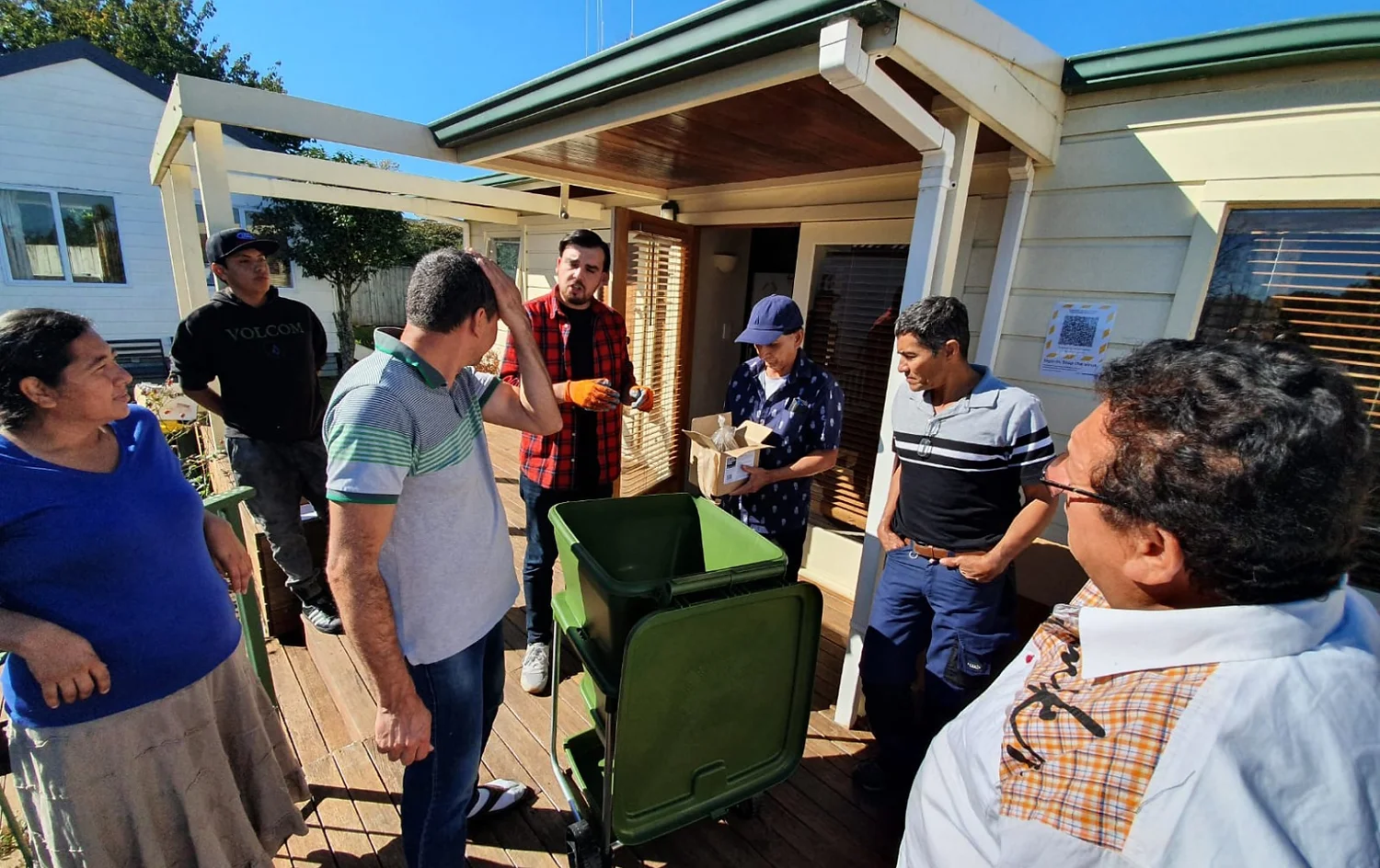Sustainable Urban Gardening
Empowering and training the migrant community with the intention of creating vocational opportunities, new skills, and financial independence.
Community Program
18/11/2021
Empowering and training the migrant community with the intention of creating vocational opportunities, new skills, and financial independence.
Community Program
18/11/2021

The Sustainable Garden Development program is delivered by Abroad Global Charitable Trust in order to empower and train the migrant with the intention of creating vocational opportunities, new skills, and financial independence.
General Objectives were defined as:
Specific Objectives were defined as:
Producing sustainable food within communities is much more than accessing healthy food. There are also transformations in the people who cultivate their gardens and in their environments. Large cities worldwide promote and multiply this technology that has been increasing in recent years due to environmental problems.
The Sustainable Basic Gardening Programme is an innovative instrument of urban sustainability since their benefits are multiple and transversal: they improve landscapes, generate new links between neighbours, strengthen identity and bond with the neighbourhood, strengthen values in horticulturists such as responsibility, solidarity, cooperation, perseverance, commitment and respect.

The ALAC Inc team has worked with the Hamilton community in recent years. In a meeting with the community, we surveyed what type of program they would like to develop, and the majority wanted to do workshops related to gardens; this is how we were able to identify leaders to do the Sustainable Basic Gardening program. It helps them with self-empowerment, group identity, effective communication, cooperative agreements, creative strategies and self-expression.
A total of 12 families participated in the program who are committed and wish to continue developing this project, continue delivering new skills to the community in Hamilton, and continue helping the community eat sustainably and ecologically.
Finally, we were able to identify that urban gardens are useful instruments in ecological urban rehabilitation since they influence the social and environmental aspects of urban sustainability since they are intercultural and intergenerational.
We were also able to identify a community group committed to good leaders willing to develop and organise the community to develop and learn new skills related to sustainable gardens. Within our continuous improvement plan with the group, we want to continue providing them with training tools to learn new skills that can serve them in the future.
